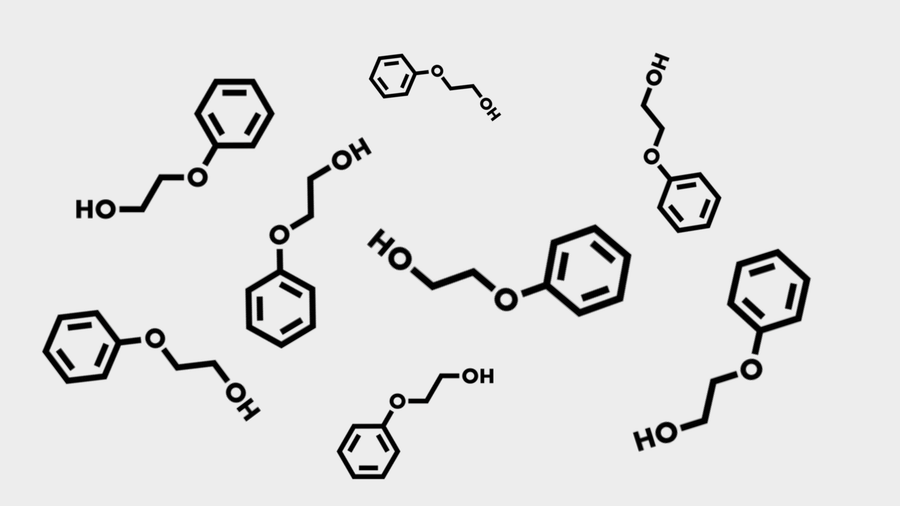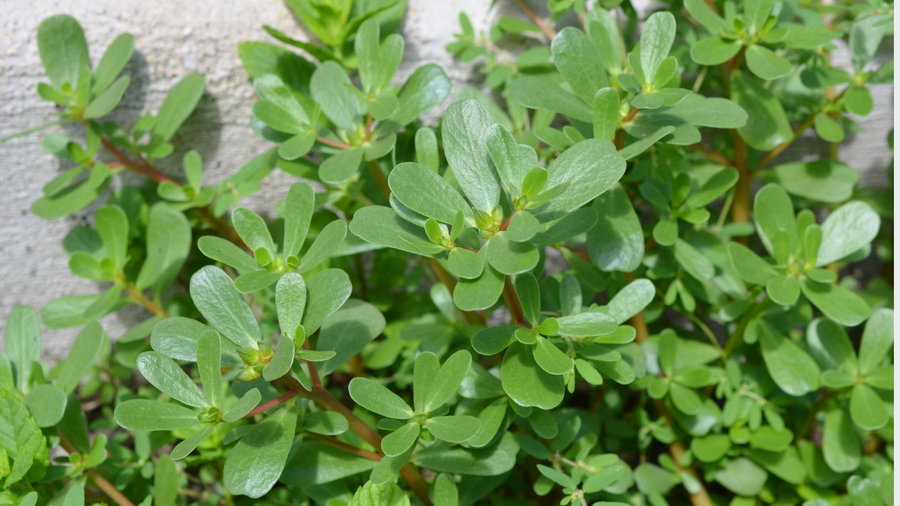If you're into skincare—even a little—you’ve probably seen the word niacinamide pop up a lot. It’s one of those buzzy ingredients that keeps showing up in serums, moisturizers, toners, and TikTok videos with millions of views. But what exactly is niacinamide, and why does everyone from dermatologists to beauty editors swear by it?
Let’s break it down.
What is Niacinamide?
Niacinamide is a form of vitamin B3, a nutrient your body (and skin!) needs to function properly. It plays a key role in keeping your skin strong, hydrated, and resilient. Unlike some trendy ingredients that come and go, niacinamide has a long track record—and actual research to back it up. Think of it as the multitasker of skincare: gentle, versatile, and effective.
Is Niacinamide Vegan? (How It’s Made for Skincare)
While niacinamide can be found in certain foods we eat, like meat, eggs, and dairy, the niacinamide used in skincare is made in labs using a chemical reaction. It sounds intense, but the result is a stable, bioavailable ingredient that your skin recognizes and loves. This also means that the niacinamide found in skincare is vegan and cruelty-free, which makes it GRAES approved!
Benefits of Niacinamide
Niacinamide isn't just a one-hit wonder—it’s got range. Here’s what it can do for your skin:
- Brightens dull skin: It helps to fade dark spots and even out skin tone by slowing down pigment transfer.
- Reduces redness: Especially helpful for people with rosacea or post-breakout irritation.
- Minimizes pores: While you can’t shrink pores permanently, niacinamide helps regulate oil and tighten the look of pores.
- Strengthens your skin barrier: Which means better hydration and less sensitivity over time - exactly what Night C.A.P. was designed to support.
- Smooths fine lines: It boosts collagen production and supports elasticity.
-
Fights breakouts: It has anti-inflammatory and oil-regulating properties, making it a great option for acne-prone skin.
What is the Optimal Concentration of Niacinamide?
More isn’t always better. Most research shows that 2–5% niacinamide is the sweet spot for real results without irritation. Some products use up to 10% or more, but anything higher can actually backfire and cause flushing or breakouts—especially if you have sensitive skin.
At GRAES, we formulated Night C.A.P. to have a balanced concentration that’s strong enough to deliver results, but gentle enough for nightly use.
Can I Use Niacinamide Every Day?
Yes! Niacinamide is one of those rare ingredients that plays nice with most skin types and routines. You can use it in the morning or at night (or both), and it won’t make your skin more sensitive to the sun.
Just be sure to pair it with a good moisturizer and sunscreen—and you’re golden.
Is Niacinamide Safe for Sensitive Skin?
Absolutely. In fact, niacinamide is one of the best ingredients for sensitive skin, which is why we included it in our barrier-repairing Night C.A.P. formula. It’s soothing, anti-inflammatory, and helps repair the skin barrier—often one of the biggest concerns for reactive skin types. If you’ve had bad luck with vitamin C or retinol, niacinamide might be your new go-to.
At What Age Should I Start Using Niacinamide?
You don’t need to wait for wrinkles to show up before reaching for niacinamide. Because it supports skin health on multiple levels, it’s great to start using in your 20s to help prevent future damage. That said, it’s never too late—whether you’re 25 or 65, your skin can benefit.
Side Effects of Niacinamide
Used properly, niacinamide is very low risk. However, like with any active ingredient, overdoing it or mixing too many actives at once can cause:
- Temporary redness
- Mild irritation
-
Breakouts (if you jump to high concentrations too fast)
Some users also report having an allergy to niacinamide, which causes sustained breakouts. It’s rare, but if niacinamide is new to you, start with a patch test at a low concentration to make sure you’re good to go.
What Ingredients Are Compatible with Niacinamide?
The best part about niacinamide? It’s a team player. It works well with:
- Hyaluronic acid (for hydration)
- Ceramides (for barrier repair)
- Zinc (for oil control)
- Peptides (for anti-aging support)
- Retinol (niacinamide has been shown to mitigate some of the flaking and dryness that retinol users see)
-
Vitamin C (despite old myths, they can be layered with proper formulation)
Night C.A.P. combines niacinamide with skin-strengthening ingredients like squalane, jojoba esters, and colloidal oatmeal - making it a gentle night cream for sensitive skin. Avoid pairing it with too many strong exfoliants at once (like AHAs or BHAs), especially if your skin is on the sensitive side.
TL;DR
Niacinamide is one of the most well-rounded, research-backed skincare ingredients out there. Whether you’re looking to fade dark spots, calm redness, prevent breakouts, or just support overall skin health, it belongs in your routine.
At GRAES, we believe in ingredients that do more with less. That’s why we included niacinamide in Night C.A.P.—because it’s safe, effective, and fits our philosophy of minimalist routine, maximalist results.
Want to see what niacinamide can do for your skin?
Try Night C.A.P. — our 8-in-1 night cream designed with sensitive skin in mind.
Niacinamide FAQ
Q: Is niacinamide safe for sensitive skin?
Yes—niacinamide is actually one of the best ingredients for sensitive skin types. It calms inflammation, reduces redness, and strengthens the skin barrier without the sting or irritation that can come from other actives.
Q: What’s the best concentration of niacinamide for beginners?
Stick to 2–5% to start. This range is supported by research and works well for most people, especially those with reactive or acne-prone skin. Night C.A.P. has a 5% concentration of niacinamide.
Q: Can I use niacinamide with retinol or vitamin C?
Yes, you can. In fact, niacinamide can help buffer the dryness that sometimes comes with retinol, and the old myth about not mixing niacinamide with vitamin C has been debunked.









